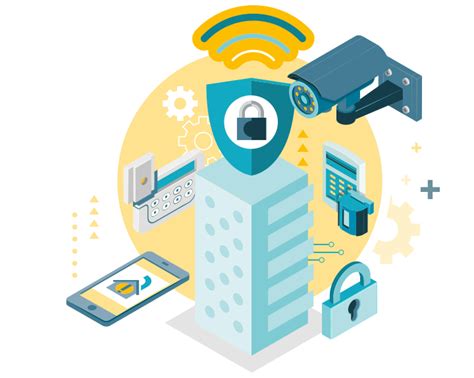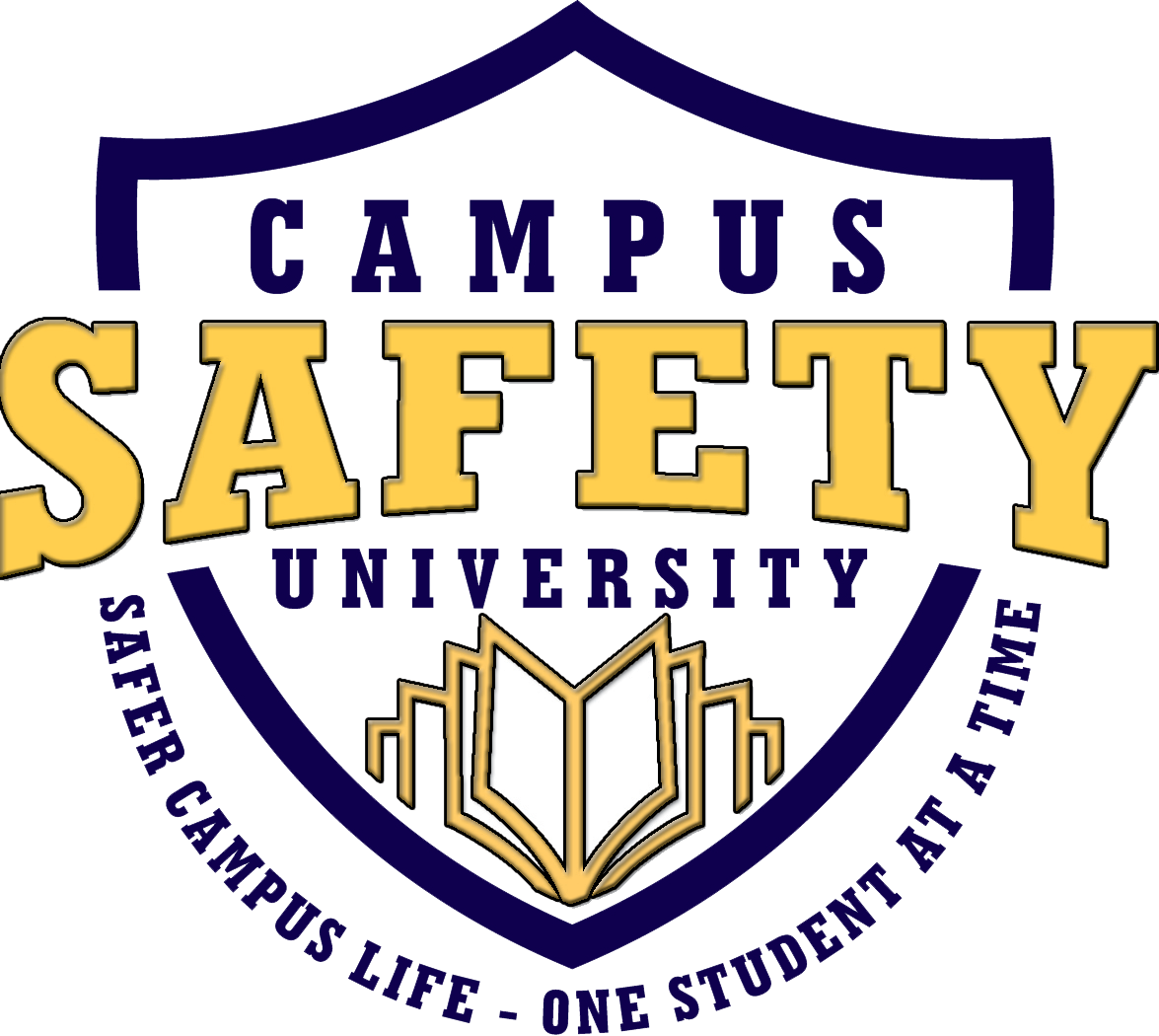CSU Blog
Safety Strategies As You Travel This Year
- January 29, 2019
- Posted by: Pete
- Category: cybercrime Financial Safety Identity Theft personal safety social media Technology Travel
No Comments

During the year many of us will travel both throughout the US as well as abroad. As we travel, we pass through hotels, airports, gas stations, coffee shops and many more places that can expose us to risks. The risks to online safety and security such as connecting to various wifi networks as we travel increase with each new connection to each new network. These present additional risks to offline safety since the information obtained by someone who hacks or reads your online information can be used to stalk you or rob you offline.
The following are ways that will improve your safety and security. Stay safe!
- Be on the lookout for “skimming” devices attached to ATMs and gas station credit card machines; they are more prevalent in foreign countries.
- The more networks you connect to at airports, car rentals, hotels and other public places, the more vulnerable you become simply because you are exposing your data to more systems. Limit this number as much as possible. Do you really need to check your email on a new wifi network during a 30 minute layover? Weigh the risk.
- Never conduct any financial transactions or send private or sensitive information on an insecure wireless network. Any data that is transmitted can be read by others on the network as well as anyone in between you and the destination web site.
- Protect your data by backing up your computer, tablet and cell phone on a regular basis. Technology makes it simple to keep your files synchronized across devices and backed up in the “cloud” through the use of services such as Apple’s iCloud, Google’s Drive, and third-party services like Dropbox and iDrive.
- Get and use an RFID blocker wallet or purse to protect your credit or identification/access cards from being “read” by remote card readers. Some scanners can operate from as far away as 10 feet and once they read your data, thieves can use it to produce duplicate bank or ID/access cards.
- Make sure any web site that you enter your card information on is on a wired network or secure wifi network and begins with “https” and not “http”
- Be careful to never accidentally save login information on public computers used throughout your travels at airports and hotels.
- Although it makes your checkout process faster and easier, refrain from saving your card data on any online account or shopping site.
- Complexity is not as important as length, so make all your account passwords are “passphrases” of at least 10-12 characters for maximum security.
- Use online payment services like PayPal whenever possible limit your exposure since you won’t have to enter any credit or debit account information online.
- Have a credit card, not a debit card, that you use solely when traveling abroad to minimize your exposure to credit card fraud, track all your purchases in one place, and limit your liability to $50. Remember to inform the bank of your travel dates and places where you will be on those dates to reduce any problems with using the card – especially when traveling to several destinations.
- Debit cards leave consumers more exposed since they are tied to bank accounts and compromised accounts may be frozen, limiting your access to funds and cash.
- Shred or destroy all documentation you receive from car rental agencies, airports, hotels or other places with account numbers, address, etc. once it is no longer needed; do not simply throw them in the trash. Approximately 1% of all identity theft comes from garbage.
- Identity theft is the #1 crime in the US; there were 13.1 million cases of identity theft reported in 2013 representing a staggering $18 billion in losses.
- Approximately 1 in 5 people (21%) were victims of actual or attempted identity theft last year (2017).
- A total of 82% of identity theft comes from offline methods including lost or stolen wallets/checks/credit cards (30%), friends & relatives (15%), corrupt employees (15%), and stolen mail (8%).
- A total of 8.3% of identity theft comes from online threats including spyware, viruses, hackers, phishing emials and bogus online transactions.
- Refrain from posting your location on social media as you travel around; wait until you return to post your trip details except in special circumstances.
- Do not engage in cyber-crime of any sort by illegally downloading movies or music no matter where you are. Not only are you breaking the law, many of the “torrent” sites that host this content also install malware, key loggers, Trojan horses, ransomware and spyware on your computer. This compromises your computer and your personal identification.
- Make sure that all of your operating systems, programs and other software is updated as soon as updates are available – do not ignore them. These updates will patch any security vulnerabilities that have been identified in the software that you use on your laptop, tablet and smartphone.
